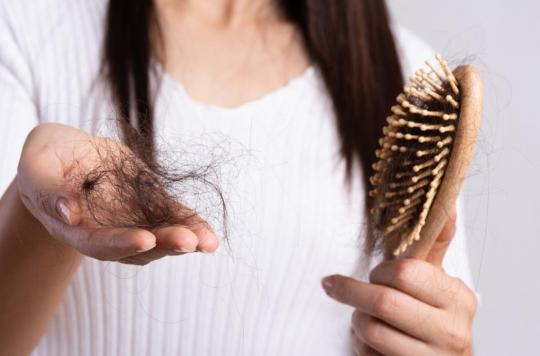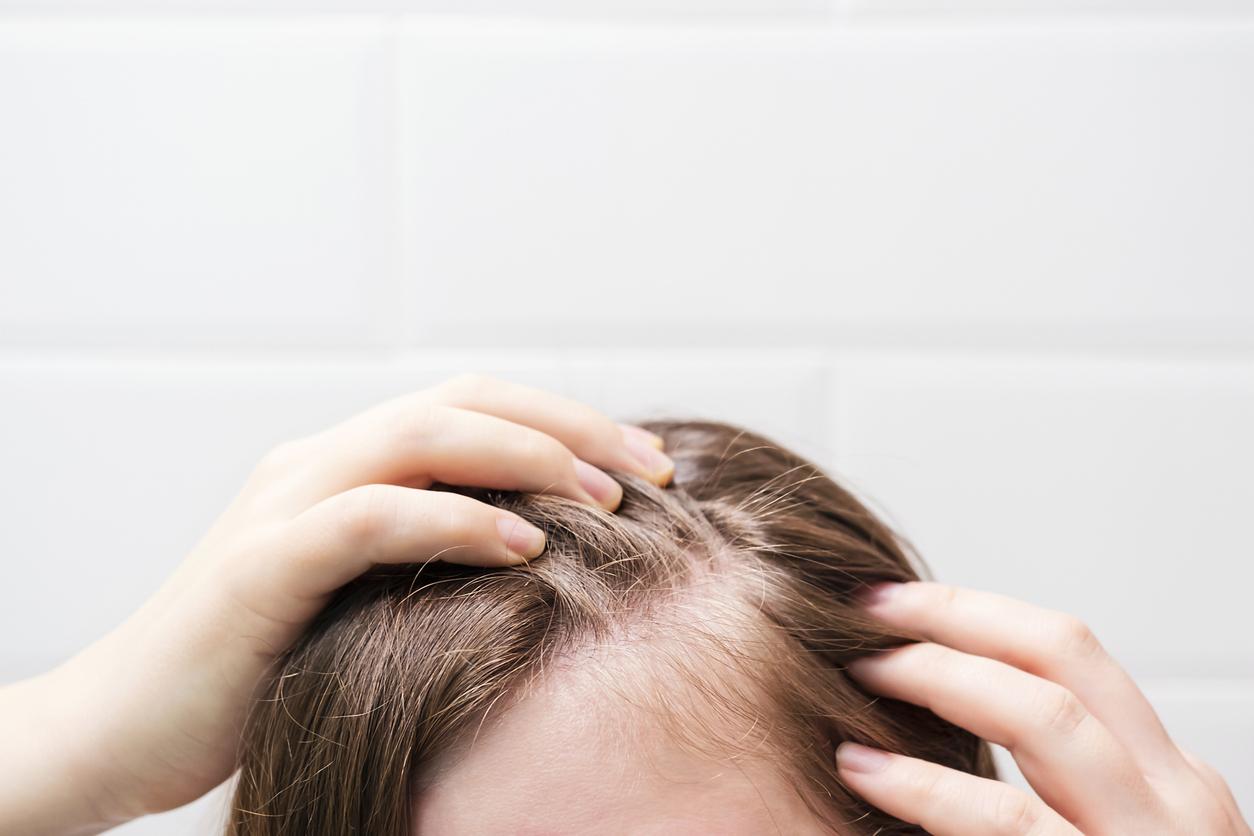For some years now, cooling helmets have been offered to cancer patients undergoing chemotherapy. These tools can slow hair loss or even prevent it. English researchers today explain why.

- Chemotherapy to treat cancer causes hair loss
- Wearing a helmet that cools the scalp protects hair follicle cells
Hair loss, or alopecia, is one of the side effects of chemotherapy. The National Cancer Institute explains that the fall starts between two and three weeks after the first session. “Some people experience it as a trauma“, specifies the institute on its site. Alopecia has negative consequences on the psychological well-being of patients. To prevent this, it is sometimes possible to use a cooling helmet, when the hospital offers it. This tool is supposed to slow down hair loss. In PLOS ONEa team from the English University of Huddersfield describes the effect of cold on hair follicles.
A direct action on the hair follicles
Chemotherapy attacks all rapidly dividing cells in the body, but hair is one of the fastest. The drug thus destroys the healthy cells at the origin of the hairs, and causes a fall of the hair. “Skull cooling is currently the only treatment available to combat chemotherapy-related alopeciaexplains the author of this research Nik Georgopoulos, but today we know little about its cytoprotective effect on human hair follicless.” Their research is based on the culture, in the laboratory, of cells from human hair follicles. These represent the base of the hair: they are cavities where the hairs are made. One of the most widespread hypotheses is that the cold constricts the veins present in the skull, which restricts blood flow and decreases the amount of medication that enters the hair follicles.”Our research shows it’s not that simplehe says. We were able to measure how much chemotherapy enters the cells from the hair follicles, and we found that the cold greatly reduces the amount of product absorbed by the rapidly dividing cells present in the hair follicle.“The cooling helmet does not have an indirect effect, via the blood circulation, as was previously believed, but rather a direct effect on rapidly dividing cells.
Goal “zero hair loss”
“The more evidence we provide, the more data we have available to help design more effective helmets.underlines the doctor. Something more suitable may allow a greater reduction in temperature, and more efficient cooling, and therefore more surviving follicles.“Research on cooling helmets was financially supported by the company Paxman, which commercializes this technology.”This recent research brings us one step closer to our goal of ‘zero hair loss’ for cancer patients undergoing chemotherapy“, says Richard Paxman, CEO. In parallel, the research team finds that the reduction of hair loss can be improved thanks to a specific cream: the researchers are currently working on the best way to administer this topical agent.
.

















